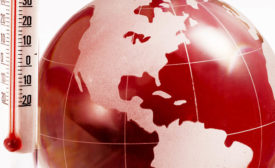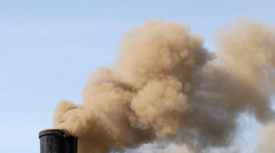Home » public health
Articles Tagged with ''public health''
CDC: Avoid romaine lettuce from Yuma, Arizona
…and if you’re not sure where it comes from, don’t eat it
April 30, 2018
A FairWarning story
High-stakes pesticide battle pits farmer against farmer
April 20, 2018
From NIOSH:
Obesity, physical inactivity, or short sleep affect 1 in 5 workers
April 20, 2018
American Lung Association: Climate change is making our air more unhealthy
Report comes as Trump administration weakens Clean Air Act enforcement
April 18, 2018
Become a Leader in Safety Culture
Build your knowledge with ISHN, covering key safety, health and industrial hygiene news, products, and trends.
JOIN TODAYCopyright ©2025. All Rights Reserved BNP Media.
Design, CMS, Hosting & Web Development :: ePublishing






